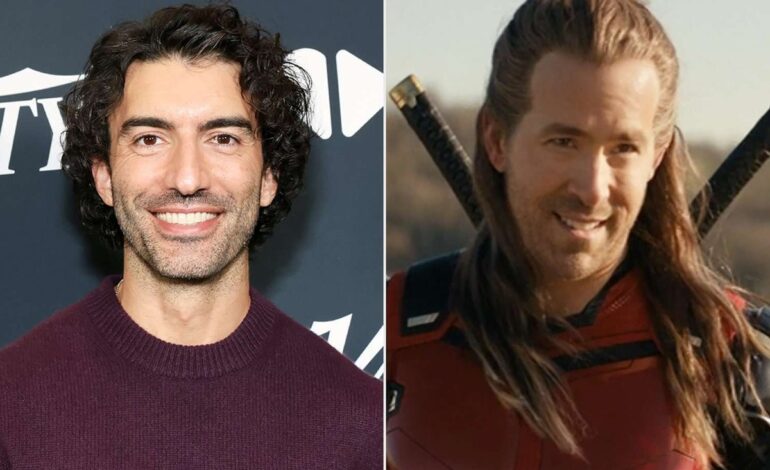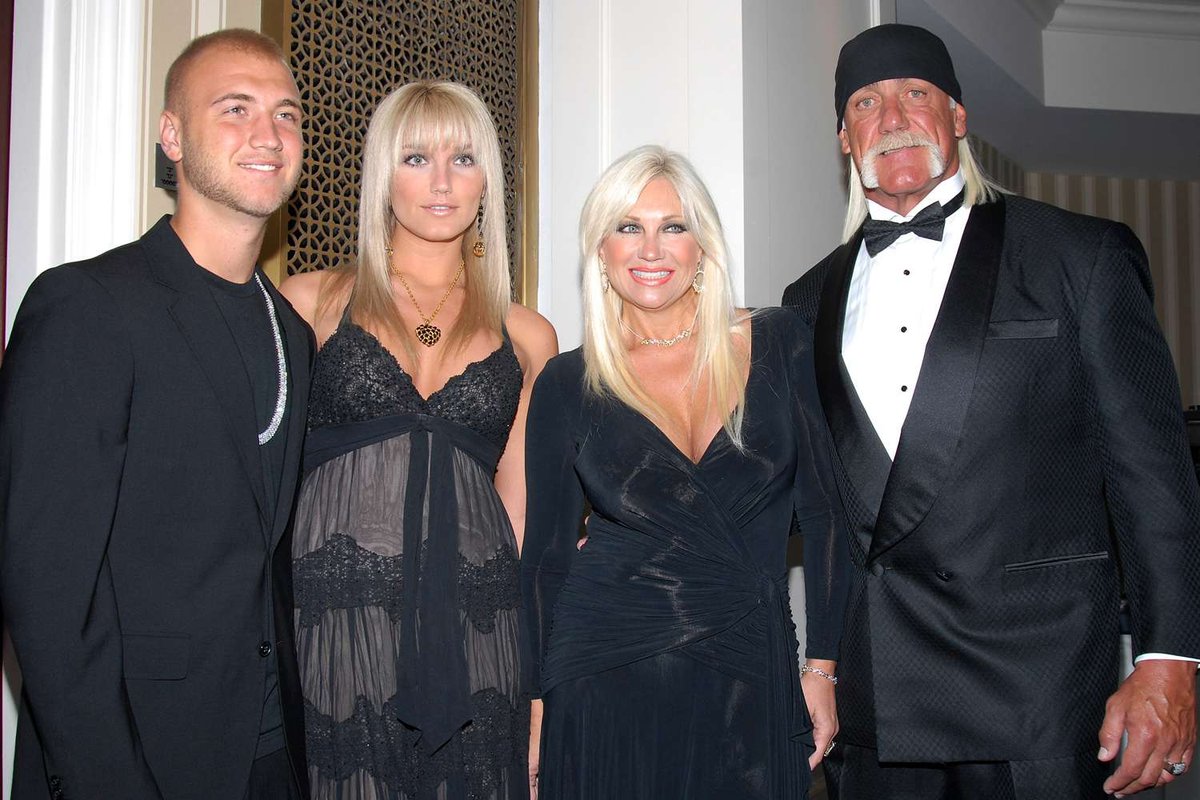Reynolds Files Sanctions Motion Against Baldoni’s Lawyers as Counterstrike Looms

Grounded in court documents and expert commentary, our analysis traces the latest escalation in the Reynolds-Baldoni legal feud. On May 20, 2025, TMZ first reported that Ryan Reynolds filed a sanctions motion in the U.S. District Court for the Northern District of Georgia, accusing Justin Baldoni’s legal team of violating Federal Rule of Civil Procedure 11 by submitting “baseless allegations and misrepresented evidence” in Baldoni’s ongoing defamation suit. According to the motion, Reynolds’ attorneys highlight several instances where Baldoni’s counsel allegedly omitted key email exchanges and selectively quoted deposition transcripts to imply wrongdoing. Reynolds is seeking attorneys’ fees and costs associated with defending against what he describes as “tactical litigation misconduct.”
Let’s unpack the timeline and the stakes. Baldoni initially sued Reynolds in March 2025, claiming that the Deadpool star defamed him in a social media post that repeated unverified rumors concerning alleged misconduct on Baldoni’s part. Reynolds denied the allegations, labeling them “inaccurate and harmful,” and filed a motion to dismiss in April. After that was partially denied, Reynolds pivoted to pursue sanctions, arguing that Baldoni’s counsel pressed forward with “improper litigation strategies” instead of addressing the merits. If granted, the sanctions could impose financial penalties and potentially curtail aspects of Baldoni’s discovery requests, shifting leverage back to Reynolds’ camp.
Baldoni’s legal team fired back on May 25, filing its own motion to sanction Reynolds under Rule 11 and 28 U.S.C. § 1927, which targets attorneys who “unreasonably and vexatiously multiply the proceedings.” In their response, Baldoni’s attorneys assert that Reynolds mischaracterized deposition testimony and crafted a narrative “detached from the actual record.” They seek penalties for what they describe as “an attempt to intimidate the plaintiff and derail the pursuit of legitimate claims.”
Industry analysts note that sanctions battles in high-profile defamation cases rarely end decisively but often protract litigation by adding procedural skirmishes. Historically, federal courts grant sanctions in only about 10 percent of Rule 11 motions, and when they do, penalties tend to be modest. Still, the exchange signals mutual escalation: both camps appear willing to weaponize procedural rules rather than explore an early settlement. Fact discovery is scheduled to close by September 2025, with dispositive-motion deadlines in November—dates that now face potential shifts if the sanction motions require oral argument or further briefing.
Strategic observers suggest this back-and-forth could have two effects: it may pressure one side to negotiate, or it could entrench both parties further. For now, the court’s decisions on these motions will offer insight into how strictly the bench will police allegations of “bad-faith litigation.” That wraps up today’s analysis—stay informed, stay critical, and follow the facts.
Sources: Celebrity Storm and TMZ, The Hollywood Reporter, Deadline, Variety
Attribution: Creative Commons Licensed




